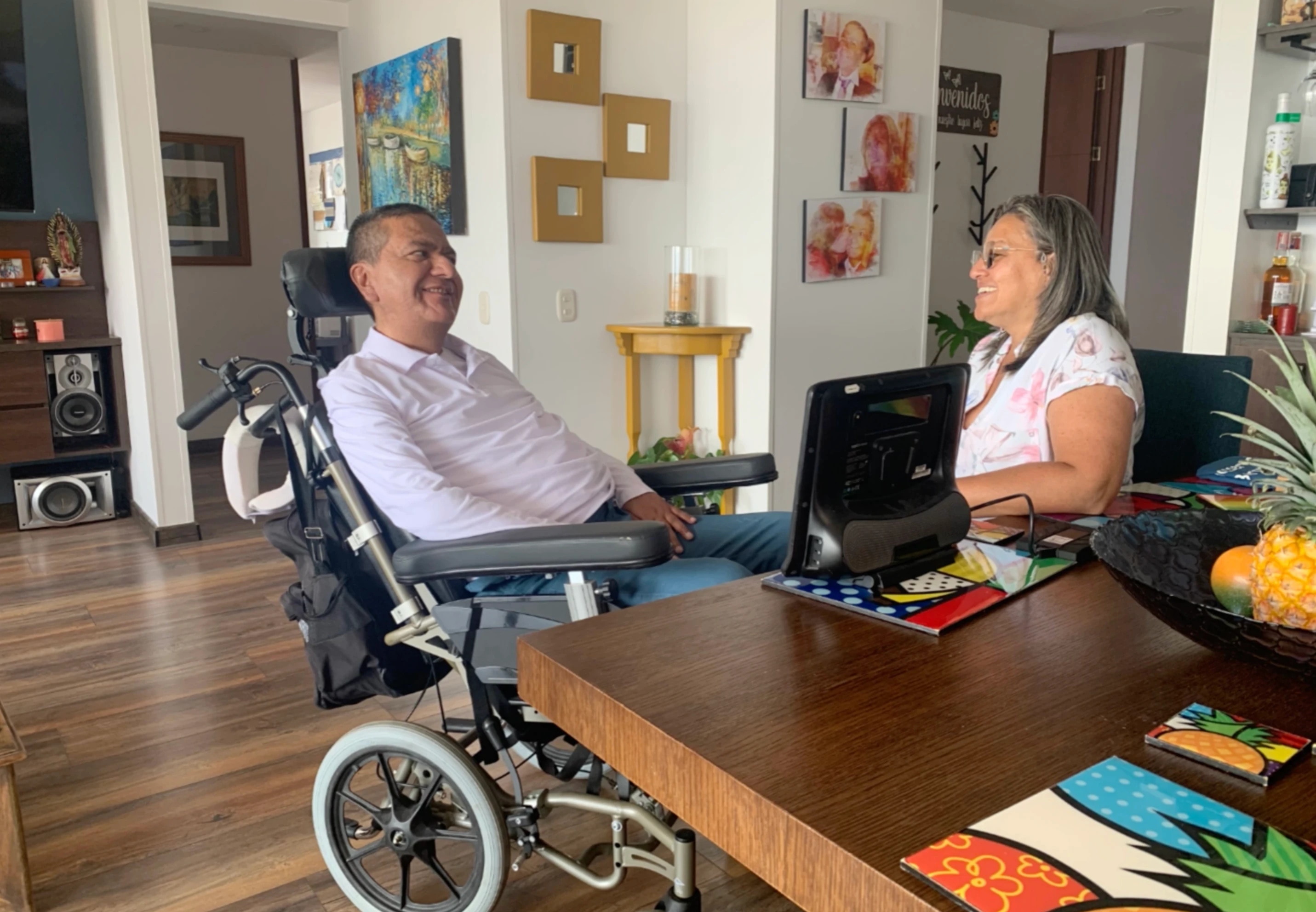
Amplified: Impact Program Year End Review
Discover how the ElevenLabs Impact Program empowers organizations around the world to share their stories and drive positive change through AI
Impact Voice Lab connects people who’ve lost their voice with volunteers who clean and prepare audio recordings to help restore it
Some people lose the ability to speak. Conditions like ALS, MSA, or mouth cancer can damage the muscles needed for speech, among others. But many still have old recordings - voicemails, home videos, interviews, or public talks.
These recordings can be used to recreate a version of that person’s voice. With the right audio, we can build a voice model that allows them to speak again using text-to-speech. But most files aren’t ready - they’re noisy, distorted, or full of reverb. That’s where Impact Voice Lab comes in. Volunteers help clean these recordings to make voice restoration possible.
You can volunteer to edit these recordings - removing noise, improving clarity, and preparing them for voice modeling. You don’t need to be an expert. If you already use a DAW, you can start right away. If you’re new to audio editing, we’ve prepared a toolkit with guides, apps, and tips to help. We work with all kinds of recordings, and each one deserves care and attention.
Often these clips - short, informal, sometimes decades old - are the only recordings someone has left of their natural voice. Cleaning them is what makes it possible to use that voice again.
Sign up to volunteer here.
If you’ve lost your voice, or you’re starting to, we can help.
You don’t need to record anything new. We work with real-world material - whatever you have already. If it captures your voice, even with background noise, we’ll match you with a volunteer who can clean and prepare the file.
These recordings are then used to create a Professional Voice Clone - your own voice, available only to you, made ready for text-to-speech.
Request editing help here.
Losing your voice doesn’t just affect how you communicate - it changes how others respond. Speech becomes harder to follow. Conversations become shorter, less frequent. Over time, social contact can fall away.
Clinical studies show that many people with ALS face depression as speech loss sets in. But speech and language therapists working with AI voices report something new: social networks stay active for longer.
A familiar voice helps people stay themselves and preserve connection - with family, with work, with daily life. That’s what this work makes possible.
Impact Voice Lab is part of the ElevenLabs Impact Program. Our program supports people affected by speech loss, and helps non-profits and public sector organizations use AI audio for social good.
Since launching in August 2024, we’re working with 150+ non-profits across all U.S. states and 20+ countries. These collaborations have supported accessibility, culture, and education - producing thousands of hours of narration and voice AI tool access for people who need them most.
From helping ALS patients like Jules speak with their families and audiences again, to building voice access into cultural exhibits at the Centre Pompidou, the program’s goal is simple: help 1 million people reclaim their voice.
Impact Voice Lab focuses on one very important part of that work - cleaning and preparing the audio that makes voice restoration possible. It’s the step that comes before modeling. It’s quiet work, but essential.
If you’d like to take part, we’d love to have you.

Discover how the ElevenLabs Impact Program empowers organizations around the world to share their stories and drive positive change through AI

In Colombia, people with ALS are using ElevenLabs to stay connected as speech becomes harder